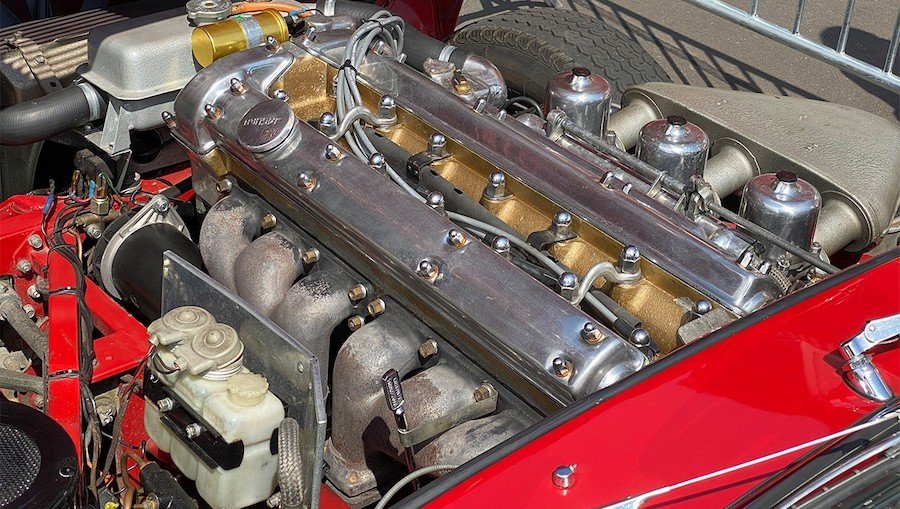EU Parliament confirms 2035 ban on new petrol and diesel cars

The European Parliament has voted to approve a law that effectively bans the sale of new petrol, diesel and hybrid cars and light commercial vehicles from 2035.
The law, which requires that manufacturers achieve a 100% reduction in CO2 emissions from new cars sold in the EU by 2035, received 340 votes for, 279 against and 21 abstentions.
It sets an intermediate target of a 55% reduction in CO2 emissions for cars compared with 2021 levels and a 50% reduction for vans by 2030.
Low-volume manufacturers – those producing 1000 to 10,000 new cars or 1000 to 22,000 new vans per year – may be given an exemption from the rules until the end of 2035.
Those registering fewer than 1000 new vehicles annually will continue to be exempt thereafter.
By 2025, the European Commission will present methodology for assesssing and reporting the lifetime CO2 emissions of new cars and vans. Every subsequent two years, it will publish a report to evaluate the EU's progress towards zero-emissions road mobility.
Then, by December 2026, it will monitor the gap between the legally determined emissions limits and real-world fuel and energy consumption data; and draw up methodology for adjusting manufacturers' specific CO2 emissions.
Existing incentives for manufacturers selling more zero- and low-emissions vehicles (0-50g/km of CO2) will be adapted in line with sales trends, said the EU Parliament in a statement. These are expected to fall as uptake of battery-electric and plug-in hybrid vehicles increases.
The legislation was agreed in October 2022 and will now be sent to the Council of the European Union for formal approval. This will take place in the coming weeks.
Jan Huitema, the EU Parliament's lead negotiator for the law, said: "This regulation encourages the production of zero- and low-emission vehicles. It contains an ambitious revision of the targets for 2030 and a zero-emission target for 2035, which is crucial to reach climate-neutrality by 2050.
"These targets create clarity for the car industry and stimulate innovation and investments for car manufacturers.
"Purchasing and driving zero-emission cars will become cheaper for consumers and a second-hand market will emerge more quickly. It makes sustainable driving accessible to everyone."
Numerous manfacturers have existing electrification targets that put them on pace to comply with the new legislation.
Ford, for example, plans for its European line-up to be enitrely zero-emissions-capable (plug-in hybrid or battery-electric) by 2026 and all-electric by 2030. The American firm launched its first series-production EV, the Mustang Mach-E, in 2021, and will follow it with a mainstream electric crossover based on the Volkswagen Group's MEB platform later this year.
French brands Renault and Peugeot also aim to go all-electric in Europe by 2030, while Volkswagen aims to reduce its carbon emissions per vehicle by 40% compared with 2018 levels by 2030.
Premium makers have also made headway on electrification: 41% of Volvo's 615,121 new car sales in 2022 were plug-in hybrid (23%) and electric (18%), while Mini's best-selling model was the Mini Electric.
Other manufacturers, such as Dacia, have plotted a different course: the Renault-owned company plans to meet CO2 targets by building lightweight, fuel-efficient ICE cars, critical to maintaining the brand's price advantage.
Nonetheless, its sole electric car, the Dacia Spring, was one of Europe's best-selling EVs in 2022, beating the likes of the Cupra Born, Hyundai Ioniq 5 and Polestar 2.


